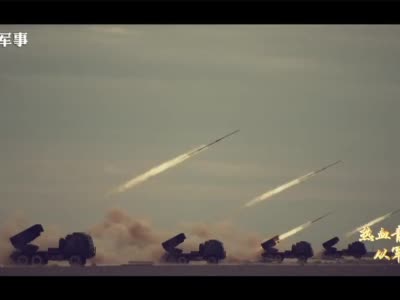關於剛剛過去的中秋節,這些英語表達你一定沒見過!
一年一度的中秋節,是家人團聚的時刻,望着頭頂上的盈盈滿月,一家人圍坐一起喫月餅,盡享團聚時刻。有關於中秋節的英語表達,你都聽說過嗎?
中秋由來
人們在每年中國農曆的八月十五慶祝中秋節。
The Mid-Autumn Festival is traditionally celebrated on the 15th day of the eighth month of the Chinese lunar calendar.
中秋節的起源可以追溯到中國古代,人們在向月亮表達敬意,也寓意對豐收的祈禱。
The Mid-Autumn Festival, dating back to ancient China, pays homage to the moon and good harvest.
“中秋節”的說法首次出現在一本2000多年撰寫的書籍——《周禮》中。
The use of "mid-autumn" to describe the celebration first appeared in the Rites of Zhou, a book written more than 2,000 years ago.
關於這個節日的起源有很多傳說。最著名的就是嫦娥奔月的故事。
There are also many tales around the origin of the festival. The most famous is about the Chang'e flying to the moon.
羿請不死之藥於西王母。
Hou Yi traveled to the palace of Xi Wang Mu, the Queen Mother of the West, seeking her elixir of immortality.
羿妻嫦娥竊之奔月,託身於月。
Chang'e drank the elixirs that her husband had left behind and flew upwards towards the heavens, choosing the moon as residence.
中秋之月最圓最亮,象徵闔家團圓。
The moon is the brightest and roundest on this day which means family reunion.
中秋祝福
中秋快樂!
Happy Mid-Autumn Festival!
但願人長久,千里共嬋娟。
Wish us a long life to share the beauty of this graceful moonlight, even thousands miles apart.
關於中秋的詞語
中秋節
Mid-Autumn Day
Mid-Autumn Festival
新月 new moon
娥眉月;盈月 waxing crescent
半月;上弦月 first quarter
盈凸月 waxing gibbous ['g?b?s]
滿月 full moon
虧凸月 waning gibbous
半月;下弦月 third quarter; last quarter
娥眉月;虧月 waning crescent
一彎新月 crescent
皎潔的 bright and pure
銀色的月光 silver light
查看原文 >>














